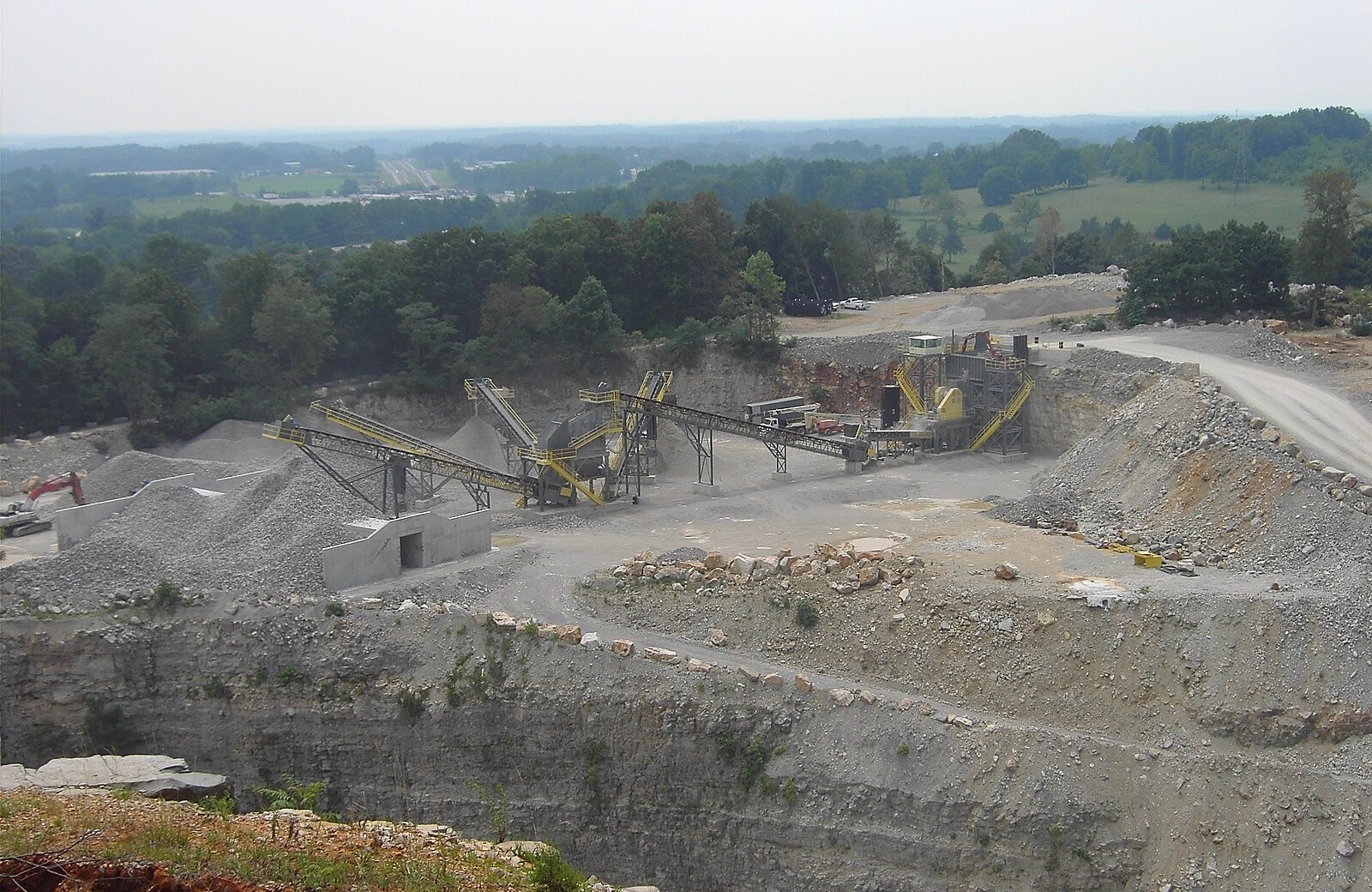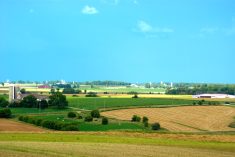
Kim Cooper spent 45 years working in — and developing a love for — agriculture and Ontario’s farm community. Now retired after 12 years as the agriculture specialist with the Municipality of Chatham-Kent’s economic development department, he believes the agriculture sector faces substantial opportunity.
Why it matters: Agriculture is one of the top economic, and social, drivers in Southwestern Ontario. Keeping the sector healthy within the region means acting on several key opportunities.
Those opportunities can be more effectively realized if solutions to some key challenges are found.
Learning opportunities critical
Like so many industries, Cooper says agriculture is changing at a lightning pace. He believes learning opportunities for farmers are critical for the sector to prosper in this context, and applauds the work done by farm groups to make such opportunities (like SouthWest Agriculture Conference, Ontario Pork Congress, Ontario Soil and Crop Improvement Association demonstration days) more frequent and accessible.
Read Also

Melancthon faces a new quarry fight over water, environment and farmland risks
A proposed Strada blast quarry in Melancthon, Ont., sparks regional debate over water protection, farmland sustainability, and Ontario’s aggregate policy.
“We worked closely with [The University of Guelph] Ridgetown and others to make these events happen,” he says, referring to ongoing efforts made during his tenure at the municipality. “These things are very important going forward.”
Other learning opportunities directed at young people and non-farming audiences are important as well.
Cooper says he sees more young farmers and agriculture professionals getting involved in farm organizations. This helps promote knowledge transfer within the industry, and helps expose more people to the career opportunities available within the agri-food sector.
Efforts to connect the non-farming public with their food — and those who grown and process it — are also enormously positive, says Cooper, adding the inherent disconnect was what prompted him to begin writing about agriculture to begin with (Cooper contributed his “Food for thought” column to the Chatham Daily News for two decades).
Regardless, he says the opportunity to improve agricultural literacy continues to be significant, and encourages farm groups to pursue further outreach efforts.
“The gap is still huge […] we need to continue getting the message out there,” says Cooper.
New crops and markets
Farmers in Chatham-Kent already produce more than 70 different crops, but Cooper says there is opportunity to further diversify. Indeed, one of his favorite experiences working with the municipality involved joint efforts to add paddy-grown rice and ginger to the list.
In general, Cooper says growing communities of people from Africa, Asia, and other parts of the world bring their own cultural cuisines and taste preferences. For farmers in Chatham-Kent and elsewhere, that means opportunity.
“We asked if there’s something our farmers can do to meet [their] needs,” he says. “I see that happening.”
As was once done with food-grade soybeans, Cooper adds Chatham-Kent farmers are also well-suited to find additional niche markets both locally and around the world.
Infrastructure challenges
In terms of challenges, Cooper sees the (seemingly wild) instability of many commodities as a barrier to the health of the agriculture sector. He says marketing, in particular, continues to be a major issue for producers – many of which don’t have enough time to devote to that aspect of the job. He once was involved in marketing for the Ontario Soybean Growers when the organization was based in Chatham.
“It’s becoming a real challenge for farmers,” he says, although he reiterates there are also business opportunities for those who could — or already are — helping farmers market their crops more effectively.
Aging and underfunded infrastructure is another cause of concern. Both natural gas and internet access are issues within this designation, and continue to be province-wide barriers to operational efficiency.
Lack of the former, Cooper says, means the reliance on propane, oil, and other fuels bring notably higher costs to farm businesses, from greenhouses to grain driers and a myriad of other others. Lacking high-speed internet connectivity, conversely, brings both inconvenience and loss at the marketing stage.
“Just like natural gas, it’s impeding businesses across rural Ontario. It would help us stay much more competitive,” Cooper says.
Another challenge — which Cooper says is somewhat unique to Chatham-Kent — involves aging and underfunded water-management infrastructure. With hundreds of bridges and culverts, not to mention many dykes and other drainage-related constructions, Cooper believes historical patterns of lacklustre investment by the municipality are starting to show.
The cost of fixing such infrastructure, too, continues to mount.
“We don’t need to be closing bridges. It’s a huge challenge for farmers,” he says, adding this is particularly true as farms grow and farmers must travel further afield.
“There’s more being put into [drainage-infrastructure] now, but I’m not sure it’s enough,”
Other anxieties
Cooper says the increasing size and scope of many farm businesses is a significant factor in growing mental-health concerns. Along with factors such as more extreme climatic conditions, market volatility, and the general complexity of doing business, he believes farm groups need to continue making strides to proactively address mental health, as well as help those in need.
Labour issues are enormous, too. Cooper says growers of all kinds have been struggling to garner enough manpower for years. However, the problem appears to be stagnating if not increasing in severity. The problem is most severe for greenhouse and field vegetable growers, although it extends to many other areas of the sector (e.g. grain shippers and elevators).
“That’s what’s driving the move to robotics,” he says.
Lastly, Cooper believes more local processing is needed to manage the abundance of food produced in the region. This would have a two-fold effect of reducing shipping-related costs for growers and processors alike, while supporting local food over lower-quality imports.
Cooper says gains in this regard have been made in recent years, but substantial opportunity remains.
“People want to know where their food comes from. You need to read those labels.”
Parting thoughts
Overall, Cooper believes the agri-food sector in Chatham-Kent (and Ontario generally) is well-placed to realize many current and forthcoming opportunities. As was critical in his own career, he emphasizes fostering good relationships and continuous learning as effective methods of achieving growth.














